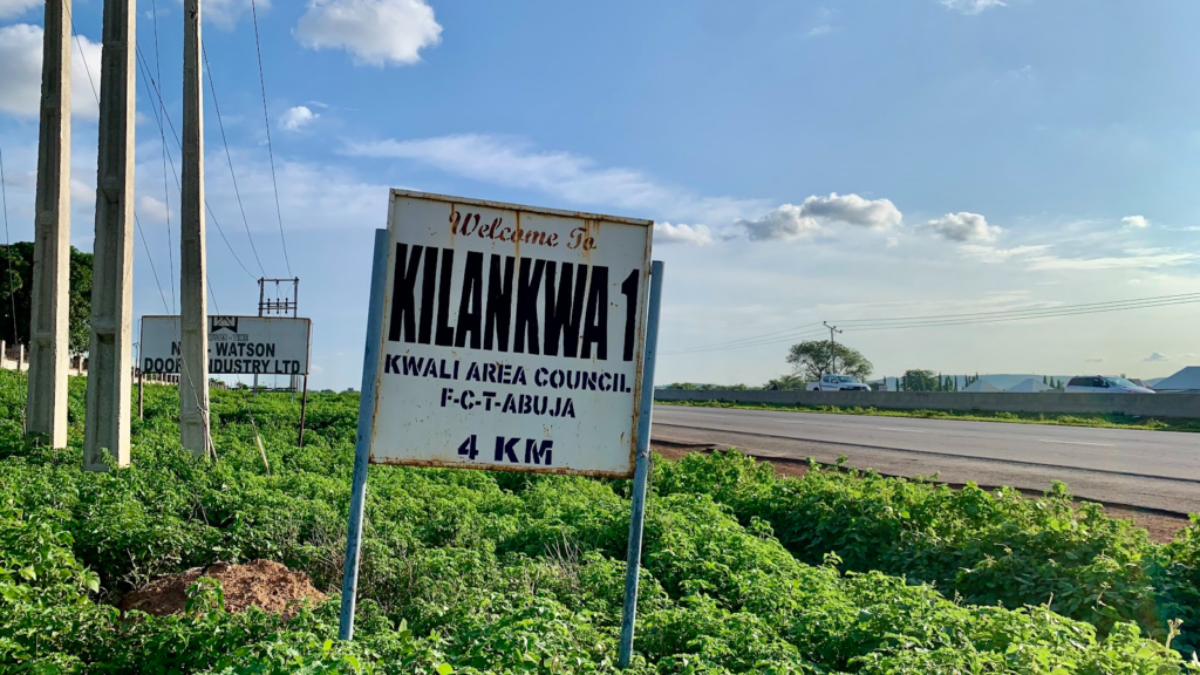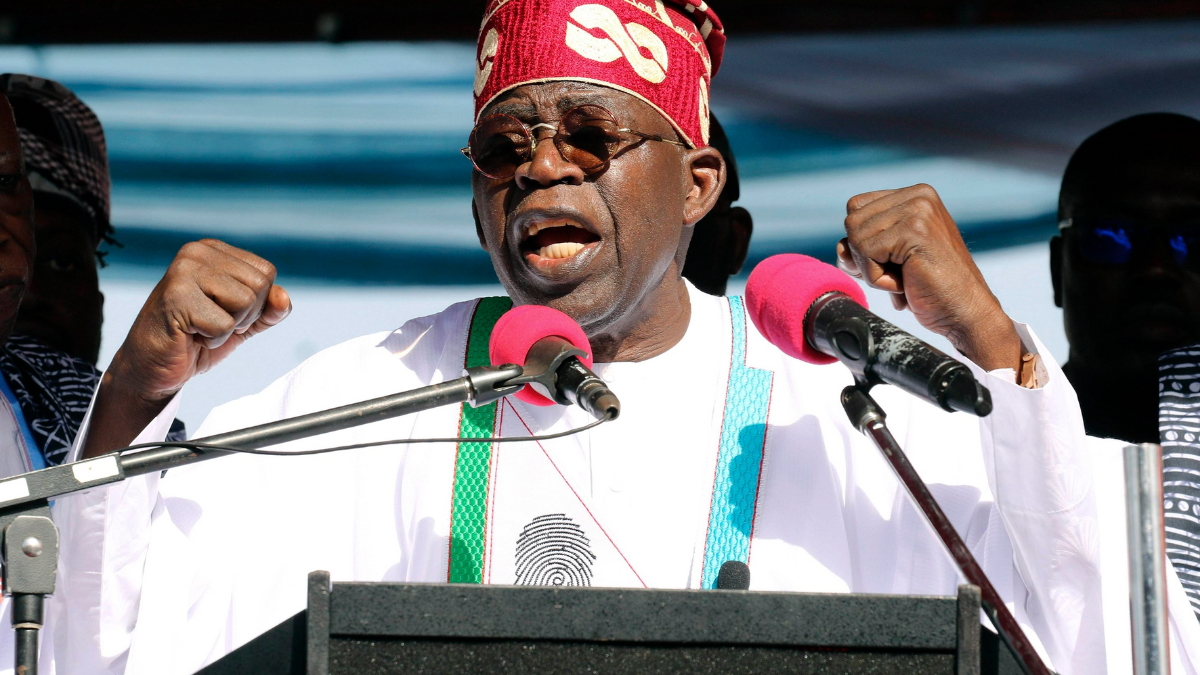Lawmakers in Nigeria’s House of Representatives might be standing on business this year because they appear to be showing that already– reports have it that they’re looking to curb public smoking of tobacco in the country by introducing stricter punishments and jail terms.
Three lawmakers, Usman Zannah, Aliyu Garu, and Mansur Soro, who are currently sponsoring a piece of legislation titled ‘A Bill for an Act to Amen the National Tobacco in Public Places and for Related Matters,’ are spearheading this move.
What does this mean?
Nigeria currently has a law named The National Tobacco Smoking (Control) Act 2015, which already prohibits public tobacco smoking in the country but lawmakers want it to be amended to contain stronger penalties for people who default against it.
The current law, for instance, provides that any individual guilty of smoking in public would be sentenced to six months in prison; under the proposed amendment, such an individual would either be made to pay a fine of not less than ₦10,000 (and not above ₦50,000), or one-year imprisonment (instead of six months), or be made to suffer both consequences.
While the National Tobacco Smoking (Control) Act 2015 currently penalises public entities who allow smoking with a fine of not less than ₦200,000, the amended version will increase the punishment by either making them pay a fine not exceeding ₦1 million, a prison term not more than two years, or both.
The new amendment also seeks to increase the punishment for people who advertise or sell tobacco, among others.
Why is this important?
You might be rolling your eyes at this amendment, but the lawmakers are actually on to something here. How? Tobacco use is currently responsible for 28,000 deaths annually in Nigeria and eight million deaths (per year) globally, and here’s the kicker– it’s also responsible for the death of an estimated 1.3 million people who do not smoke but are victims of second-hand smoking.
If you still haven’t made the connection, the stricter punishments against public smoking of tobacco are especially important because any form of exposure to tobacco can lead to death. The World Health Organisation notes that second-hand smoking can lead to “serious cardiovascular and respiratory diseases, including coronary heart disease and lung cancer.”
It’s such a menace that the WHO wants a ban on tobacco smoking in Nigeria as a whole rather than the existing ban on only its public use. Also, in 2019, the Center for the Study of the Economies of Africa (CSEA) revealed that Nigeria spent ₦526.4 billion in treating diseases caused by tobacco smoking.
Commonly contained in things like cigarettes, Shisha, and other products, tobacco has remained a major health concern across the globe. Its smoke contains thousands of cancer-causing chemicals such as Acetaldehyde, Arsenic, Benzene, and Cadmium.
Authorities around the world have tried to curb its use with things like popular “smokers are liable to die young” (which is a legislative requirement for cigarette companies) imprinted on cigarette boxes and other anti-smoking rules. In 2003, WHO member states (to which Nigeria belongs) adopted the Framework Convention on Tobacco Control (WHO FCTC) to curb this menace. Legislatures like the National Tobacco Smoking (Control) Act 2015 are part of the country’s attempt at abiding by the framework. But like almost every law in Nigeria, implementation has remained a problem. Maybe it’ll be different this time around?
News is boring, but we make it fun. Subscribe to The Big Daily to be the first to know the biggest news of the day.




